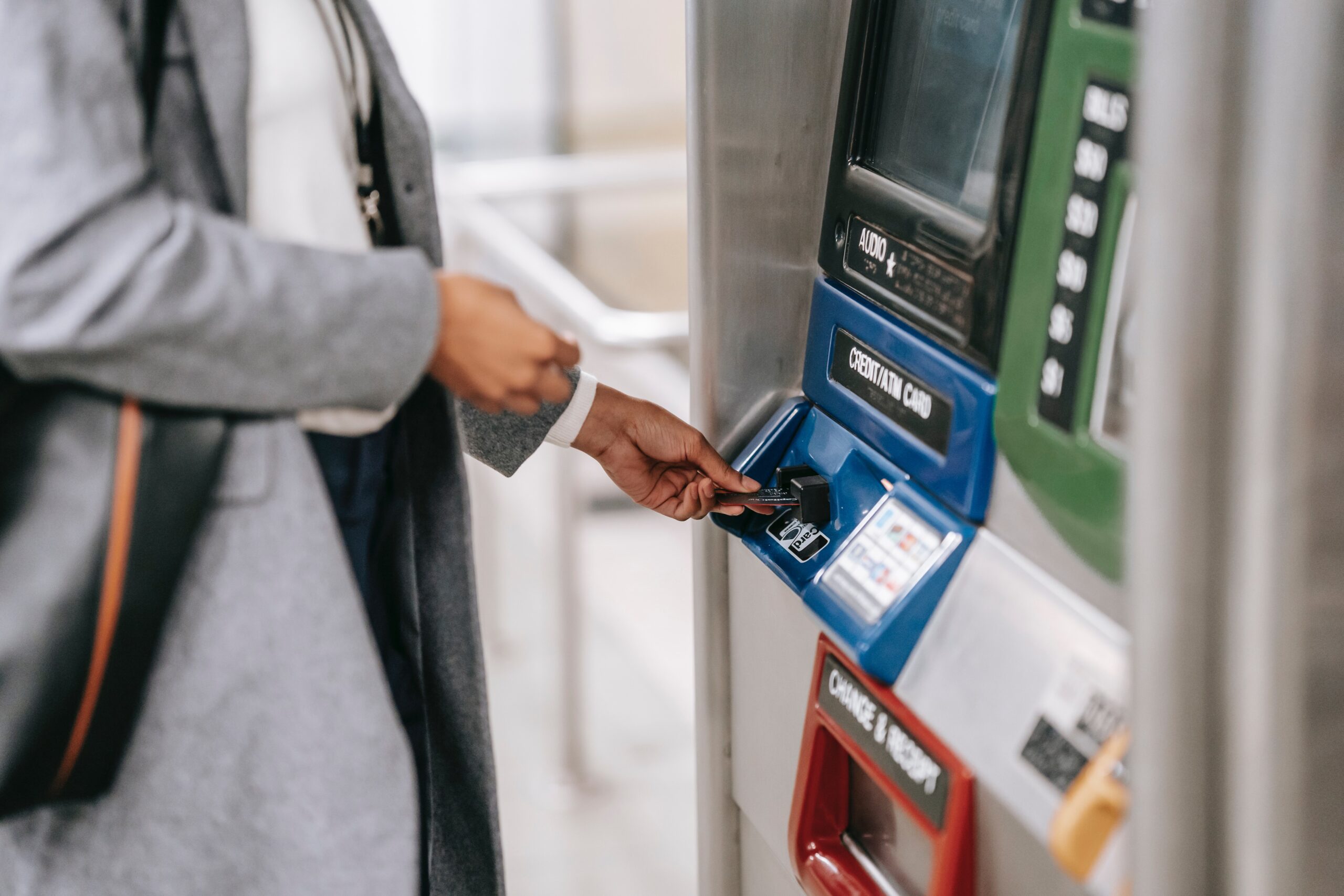With the onset of the COVID-19 pandemic, Egypt’s adoption of digital banking accelerated as institutions hastened to meet their customers’ new expectations for safe, easy-to-access financial services. Traditional banks began looking for innovative, digital-first solutions to meet these changing needs.
According to the Oxford Business Group (OBG) report on the “Egypt Financial Services Covid-19 Recovery Roadmap,” Egypt’s banking system has been a prominent target for economic and digital reforms. The thriving financial services start-up scene has emphasized the need for banks to develop and implement their own digital strategies. An undefined digitization protocol, outdated infrastructure and rivalry with new-age entrepreneurs will all hinder traditional banks’ success in the digital age, the report stressed.
Financial inclusion through digitization
According to OBG’s research, about 70% of Egyptians remain unbanked, and 66% of Egypt’s 100 million people are over the age of 15. To increase the number of banked Egyptians, the Central Bank of Egypt (CBE) relaxed many requirements for opening bank accounts, such as proof of residence and source of income for micro-sized business owners and the self-employed, and waived parental consent for youths aged 16 to 21. In 2020, CBE passed Law No. 194, which creates new guidelines for e-payments and financial technology (fintech) and for the first time authorizes the development of digital banks (neobanks). In the first quarter of 2022, Misr Digital Innovation (MDI), a subsidiary of Banque Misr, announced the launch of Egypt’s first digitally native bank.

Even though the number of Egyptians with bank accounts has increased fourfold since 2011 – from 9.7% in 2011 to 32.8% in 2017 – penetration remains below the Middle East and North Africa’s regional average of 43.5% and the global average of 68.5%, according to World Bank data. Approximately 60 million Egyptians have access to the internet, with 91.4% of the population using their phones as an access point, according to the Ministry of Communications and Information Technology’s (MCIT) latest ICT Indicators bulletin. As a result, digital transformation in banks is no longer an option but a necessity, stressed Inès Kadri, head of communications, sustainability, and customer satisfaction at Abu Dhabi Commercial Bank Egypt, during Edge Innovation Center’s “Digital Transformation and Future of E-Commerce” seminar.
Although the rural population accounts for more than half of Egypt’s population, traditional bank branches are scarce or non-existent in rural regions, posing a historical barrier to financial inclusion. Users can use digital banks to deposit and transfer money, apply for loans, and get tailored money management services remotely, Ahmed Abaza, CEO of Synapse Analytics explains.
“Digital services will continue to play a central role in the policy agenda as the government works to introduce financial services to unbanked and underbanked populations,” Minister of Finance Mohamed Maait told OBG.
According to IBM’s report on “Designing a Sustainable Digital Bank,” neobanks can save time and money by automating back-end activities such as administrative work and data processing using the Internet of Things (IoT), blockchain, artificial intelligence (AI) and cloud computing. In addition to technology advancements, banks must change their culture and structure to become more agile in reacting to ever-changing customer behaviors and truly become neobanks, Abaza emphasizes.
Overcoming barriers
More than half of all payments in Egypt are made in cash, while credit card penetration is now at a meager 3%, according to Merchant Machine’s analysis “The Countries Most Reliant on Cash in 2021.” Abaza notes that financial literacy initiatives can significantly shift customer behavior, especially those that concentrate on the benefits of neobanks such as generating a digital legacy (a digital trail of online interactions and presence) and credit score. “You do not have to completely erase cash from the equation. Changing the behaviors of 100 million people is a very tough challenge, and it is not the purpose; the purpose is to have more financial inclusion and create better customer experiences while transacting and to create better opportunities to get access to loans and credit facilitation,” he says.

Because it has fewer legal restraints than the more heavily regulated traditional financial institutions, fintech is effective at addressing customer expectations through simple, user-friendly platforms and interfaces, the OBG stated. However, Abaza believes that Egypt’s banking system is extremely powerful, and that fintech and digital banks will eventually merge to better serve their respective consumers.
The main challenges in Egypt’s digital banking infrastructure, according to Ahmad Elharany, COO of Atos Middle-East & Turkey & CEO of Atos Egypt, include creating regulations that fit with the digital era, digital identity solutions to overcome identification papers, and the ability to use cloud solutions in banking sectors.
Although Egypt has a long history of delayed digital integration due to its historically rigid regulatory framework, the Digital Egypt initiative, which is part of Egypt Vision 2030, is designed to improve the country’s digital infrastructure. Under this initiative, MCIT has been executing several projects including installing more cell towers, developing fiber-optic networks and introducing new network frequencies.







